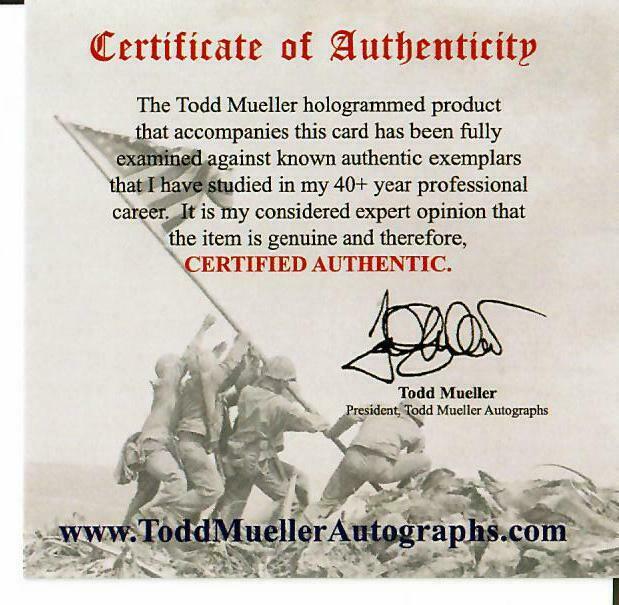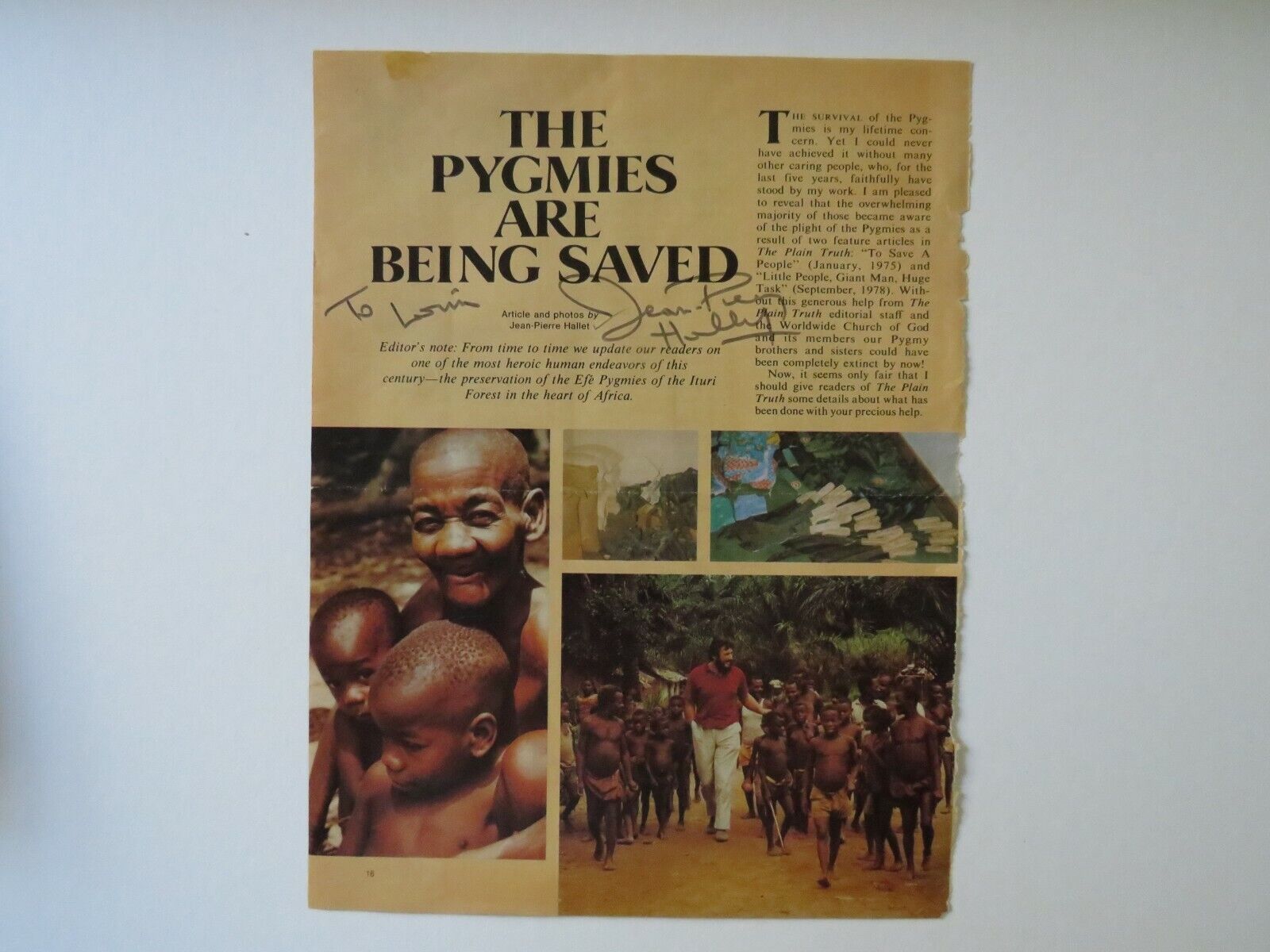-40%
"Nobel Prize in Physics" Willis Lamb Hand Signed Announcement Todd Mueller COA
$ 73.91
- Description
- Size Guide
Description
Up for auction the"Nobel Prize in Physics" Willis Lamb Hand Signed Announcement.
This item is certified authentic by Todd Mueller Autographs and comes with their Certificate of Authenticity.
ES-4510
Willis Eugene Lamb Jr.
(
/læm/
; July 12, 1913 – May 15, 2008) was an American
physicist
who won the
Nobel Prize in Physics
in 1955 "for his discoveries concerning the fine structure of the hydrogen spectrum." The Nobel Committee that year awarded half the prize to Lamb and the other half to
Polykarp Kusch
, who won "for his precision determination of the magnetic moment of the electron." Lamb was able to determine precisely a surprising shift in
electron
energies in a hydrogen atom (see
Lamb shift
). Lamb was a professor at the
University of Arizona College of Optical Sciences
. Lamb was born in
Los Angeles
,
California
,
United States
and attended
Los Angeles High School
. First admitted in 1930, he received a
Bachelor of Science
in Chemistry from the
University of California, Berkeley
in 1934. For theoretical work on scattering of neutrons by a crystal, guided by
J. Robert Oppenheimer
, he received the
Ph.D.
in physics in 1938. Because of limited computational methods available at the time, this research narrowly missed revealing the
Mössbauer Effect
, 19 years before its recognition by
Mössbauer
. He worked on nuclear theory, laser physics, and verifying quantum mechanics. Lamb was a physics professor at
Stanford
from 1951 to 1956. Lamb was the
Wykeham Professor
of Physics at the
University of Oxford
from 1956 to 1962, and also taught at
Yale
,
Columbia
and the
University of Arizona
. He was elected a Fellow of the
American Academy of Arts and Sciences
in 1963.
Lamb is remembered as a "rare theorist turned experimentalist" by D. Kaiser.
In addition to his crucial and famous contribution to
quantum electrodynamics
via the
Lamb shift
, in the latter part of his career he paid increasing attention to the field of
quantum measurements
. In one of his writings Lamb stated that "most people who use quantum mechanics have little need to know much about the interpretation of the subject."
[8]
Lamb was also openly critical of many of the
interpretational trends on quantum mechanics
.
[9]










